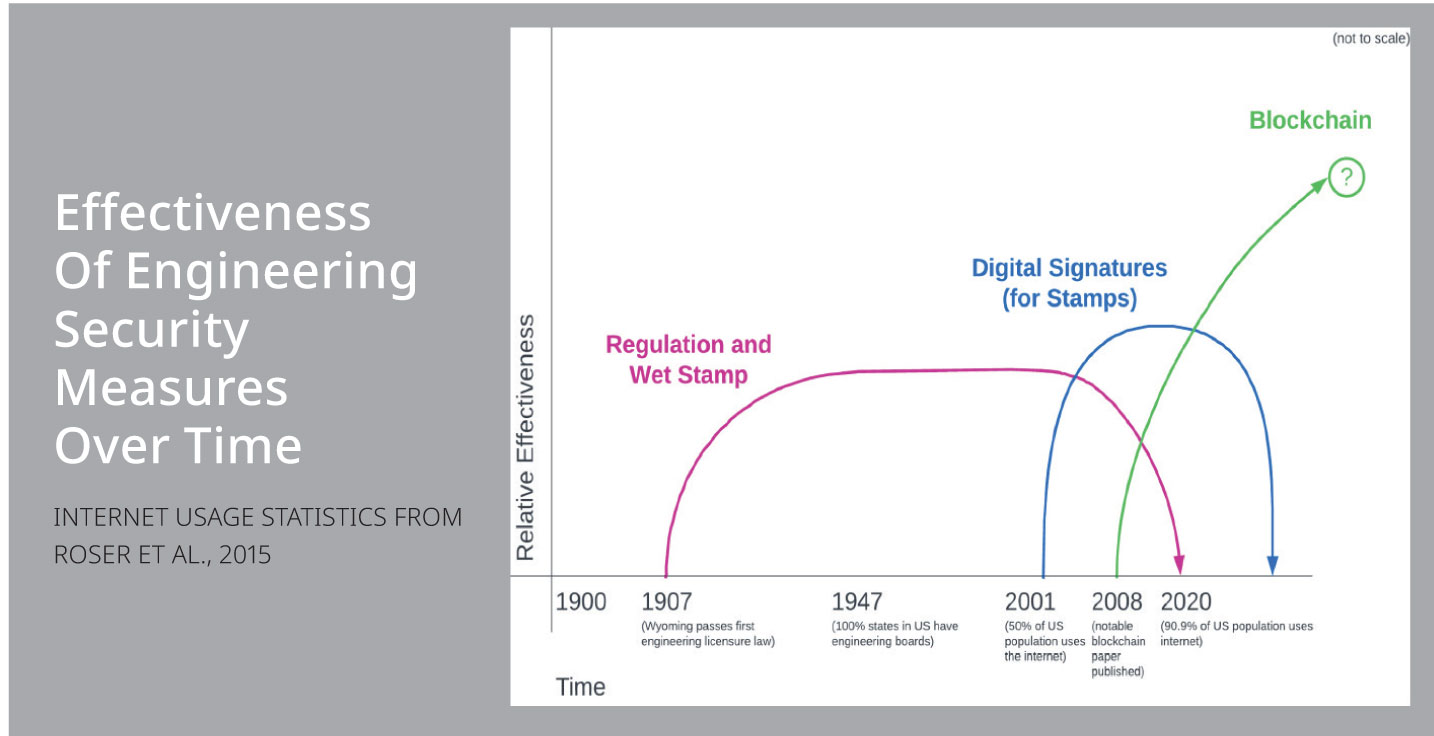January/February 2017
Communities: Construction
Free Country?
A growing number of critics are speaking out against the traditional practice of incorporating costly codes and standards into US laws and regulations.
The most recent of these critics, the American Bar Association, passed a resolution in August urging Congress to enact legislation to require federal agencies to provide an online source to access materials incorporated by reference into regulations. Specifically, the resolution asks Congress to require an agency to “make the portion of the standard that the agency intends to incorporate by reference accessible, without charge, to members of the public.”
University of Michigan Law Professor Nina Mendelson believes the public has the right to see the details of codes and standards. “Imagine that you got a notice that you had violated a law you didn’t know about; that’s just antithetical to our idea of a democracy,” she says.
“That’s the world of an authoritarian government. There’s a lot more to it, but every citizen’s ability to see the law is just fundamental to a democracy.”
The National Institute of Building Sciences, established by Congress to work with both the public and private sectors to advance building science, spoke against the resolution in the form of a letter to the ABA. If Congress acts on the ABA’s recommendations, NIBS President Henry Green wrote in the letter, the ability to recoup development costs for codes and standards would change considerably and could result in a loss of investment by some codes and standards developers, further resulting in a lack of innovation and stagnation of existing codes and standards.
“In general, most of the standards are readily available for pretty reasonable costs,” says NIBS Presidential Advisor Ryan Colker. “So, I think if someone was particularly interested and they have some sort of stake in what the standard says, it’s not overly burdensome for them to be able to get it.”
The American Society of Civil Engineers and the American Society of Mechanical Engineers charge prices ranging from $30 to over $1,000 for standards. What constitutes a burdensome cost depends on the business or individual as well as how many standards they need access to, according to Mendelson.
“The challenge has been resolving the public’s essential need to be able to see the law with the fact that standards organizations, in some instances, have put in quite a lot of work in developing the standards,” she says. The ABA resolution’s attempt to resolve this or strike a balance was to include a requirement that agencies must obtain permission to openly share copyrighted codes and standards.
NSPE Vice President Michael Aitken, P.E., F.NSPE, who has 20 years of experience in the adoption and review of building codes, shares the concerns NIBS has expressed on the issue, noting the talent of the professionals involved.
“If we make it a free product, I think it will dilute the product that’s out there,” he says. “The time and effort put into this does cost money, and I don’t know if we would be getting the same product if we made it a free product.”
Additionally, Aitken worries technical codes and standards like those drafted by and for engineers and architects could be misinterpreted by the public without the training or education to understand them.
Mendelson doesn’t believe the right to the law is limited by education or training, but notes this background varies among citizens. “We need to be sure that any law we adopt is law that we think about thoroughly,” she says. “That has to mean some guarantee of public access so everyone who has relevant expertise has the opportunity to know the law and participate in government in an informed way.”


 Volunteering at NSPE is a great opportunity to grow your professional network and connect with other leaders in the field.
Volunteering at NSPE is a great opportunity to grow your professional network and connect with other leaders in the field. The National Society of Professional Engineers (NSPE) encourages you to explore the resources to cast your vote on election day:
The National Society of Professional Engineers (NSPE) encourages you to explore the resources to cast your vote on election day:


